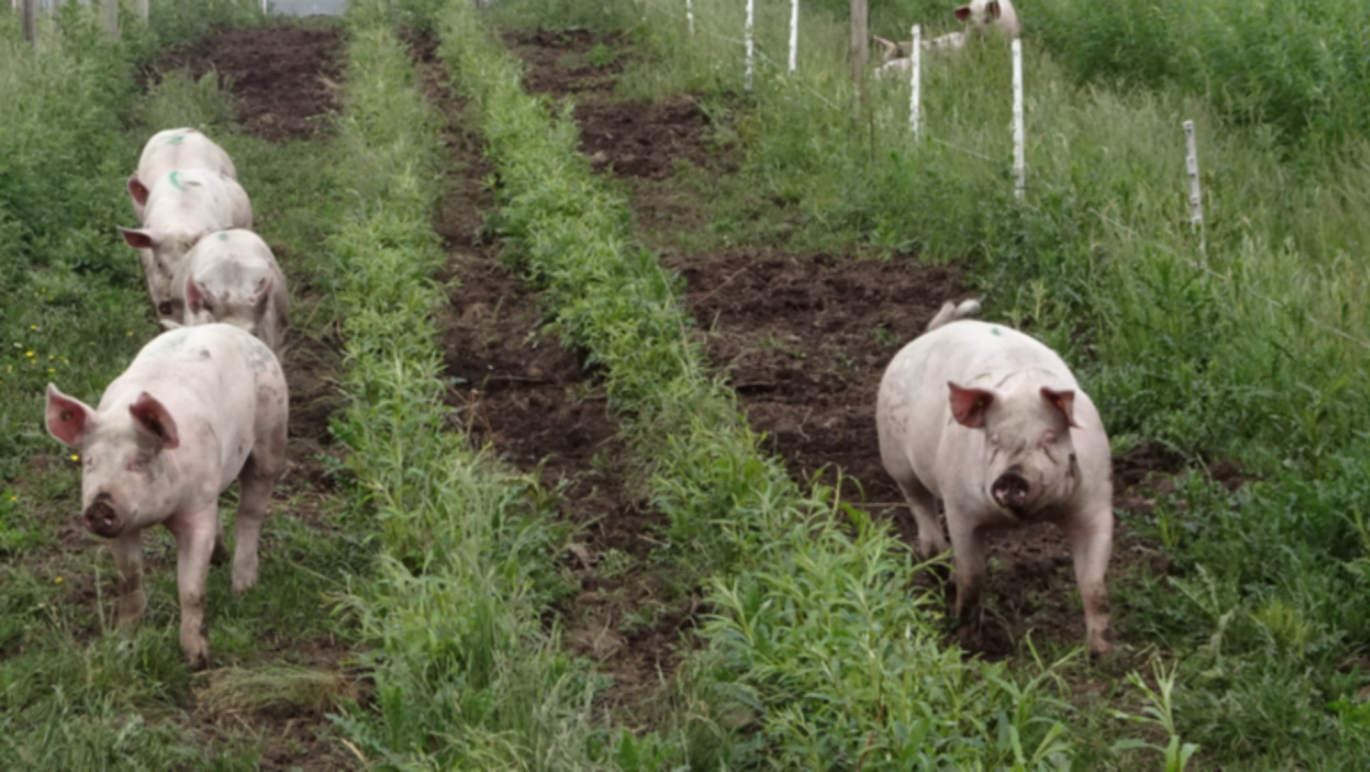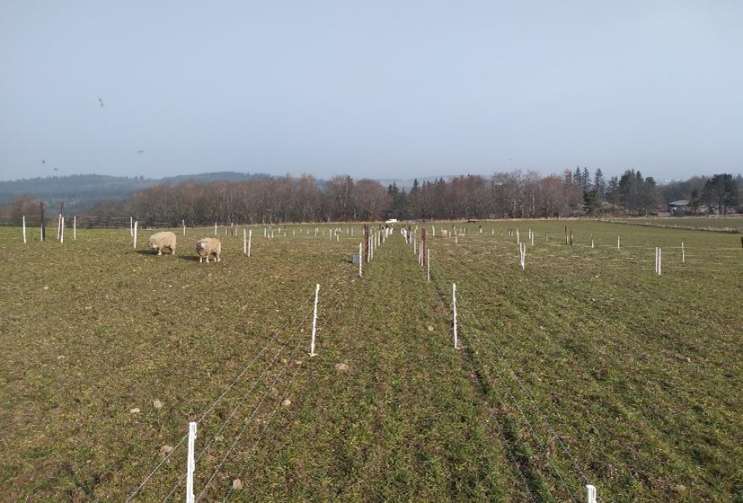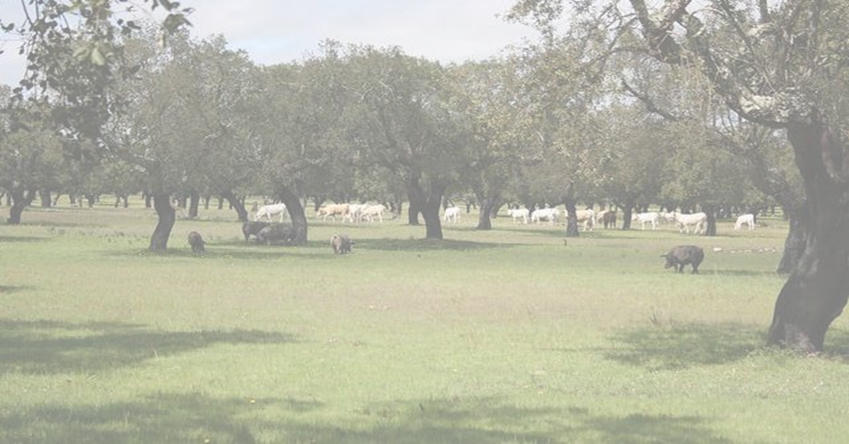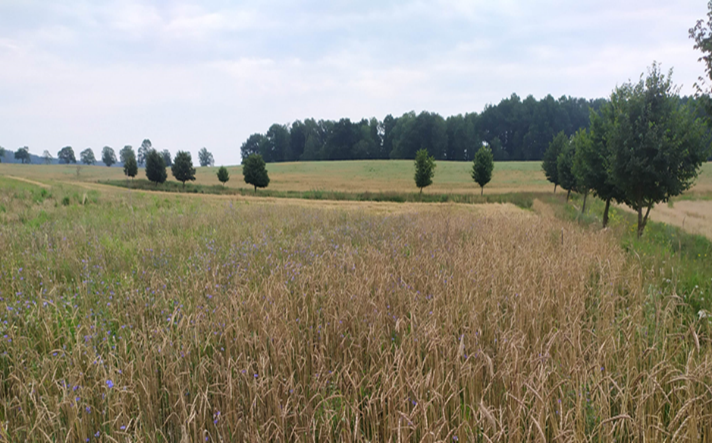Innovative approaches to mixed farming and agroforestry is being tested in MIXED - see recordings from webinars
Four innovative and widely applicable approaches to mixed farming and agroforestry is being tested in the MIXED project in studies in the UK, Poland, Portugal, and Denmark. All four approaches have been presented in webinars over the past months, and recordings from the webinars are now available.




The four approaches
- Winter grazing of cereals
- Mixed systems with hedgerows
- Livestock-oak and
- Pig-willow silvopastoral agroforestry systems.
The MIXED project has tested four innovative adaptations identified as widely applicable approaches - with interest from farmers but lacking robust testing, including the mitigation and resiliency potentials related to climate change. The four innovation studies are focused on quantifying the effects of ‘mixedness’, and will help inform the development of mixed farming systems in Europe.
The UK study has assessed the impact of winter grazing of sheep on winter cereals on feed value, crop production and soil quality. In the Danish study, organic pigs are grazing in pasture and tree systems. The effects on pig behaviour and performance, pasture and tree damages/survival, willow biomass (leaves and new sprouts) quality and quantity, and soil nutrient distribution and load are being assessed. In the Portuguese study, the impact of new approaches, for example no till, liming and irrigation to the soil quality is being assessed in ago-forest-pastoral systems. The Polish case study is assessing the effects of the age, species, and architecture of tree strips on soil quality and crop productivity. These and more findings are presented in the webinars below:
Webinar: Sheep grazing winter cereals for winter fodder and soil quality in mixed system in the UK
Robin Walker from Scotland’s Rural College (SRUC), UK, presented the innovation study on sheep grazing winter cereals for winter fodder and soil quality in mixed systems in the UK. The study experimentally tests and refines management options for introducing sheep to graze winter cereals in Scotland.
> Link to the webinar on YouTube
Webinar: Animal welfare, environmental and climate impact of organic pig-willow silvopastoral agroforestry system in Denmark
Anne Grete Kongsted from Aarhus University (AU), Denmark, presented the innovation study on integrating organic fattening pigs and willow in agroforestry systems to improve animal welfare and reduce environmental and climate impacts of organic pig production. The study experimentally test a novel summer concept for pigs in organic housing systems with outdoor concrete runs.
> Link to the webinar on YouTube
Webinar: Assessment of oak silvopastoral agroforestry systems (Montado) in Portugal
Joana Marinheiro, Ana Fonseca and Cláudia C.M.S from the University of Lisbon, Portugal, presented the innovation study of the Montado silvopastoral agroforestry system. This study is an emergetic assessment that aims to analyse the sustainability of the pasture-based Montado systems for extensive livestock production integrated with cork oak trees.
> Link to the webinar on YouTube
Webinar: Impact of hedgerows on crop production, soil properties and weeds in organic mixed system in Poland
Anna Szumelda from FSK Juchowo, and Jarek Stalenga and Pawel Radzikowski from IUNG-PIB, Poland, presented the innovation study on impact of hedgerows in organic mixed systems. This innovation study in Juchowo (western Poland) aims to examine the impact of tree strips of different age, species and architecture on the crop yields and selected environmental parameters such as soil temperature and moisture, earthworm density and insect biodiversity. Sheep grazing winter cereals for winter fodder and soil quality (Conventional system, UK).
> Link to the webinar on YouTube
